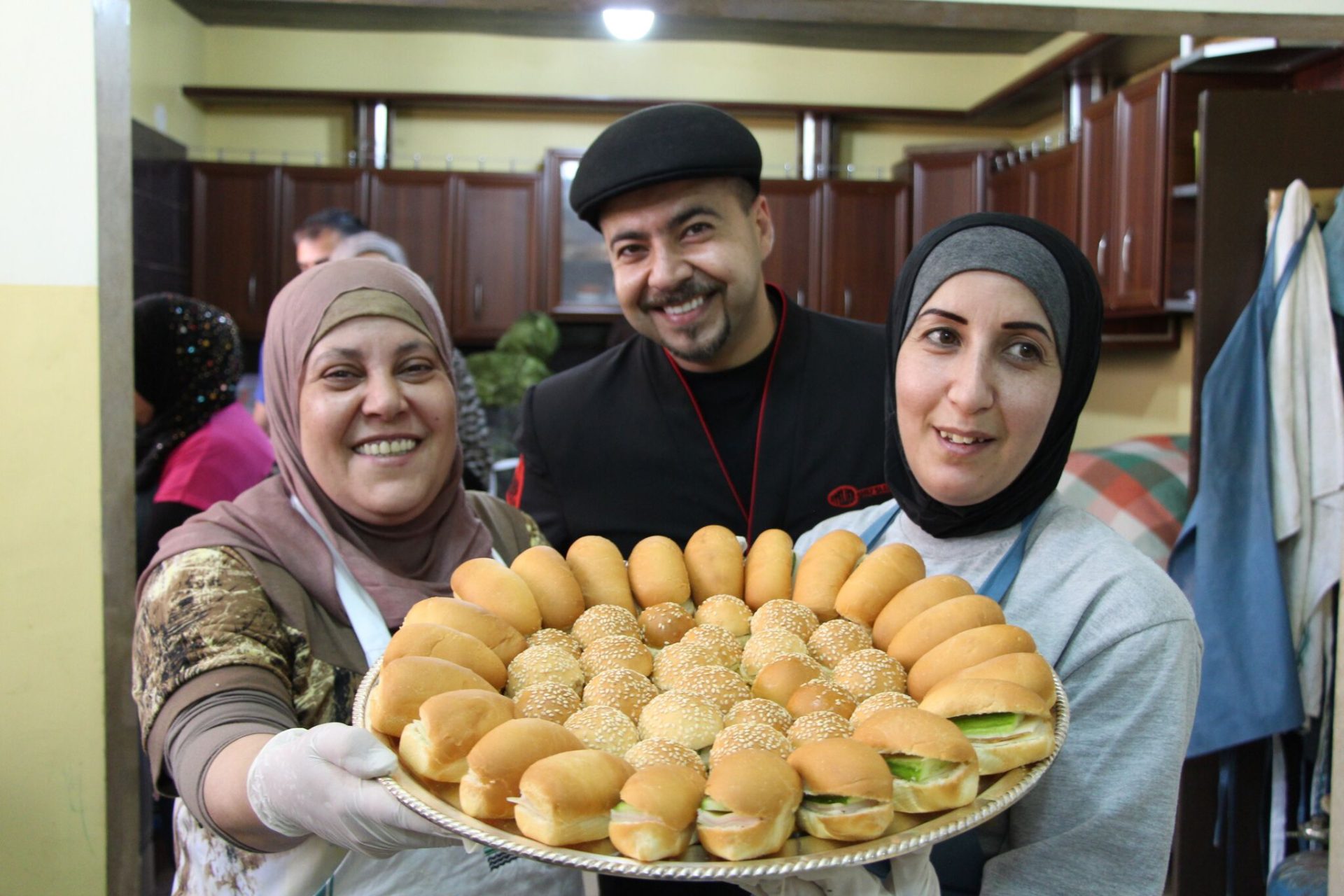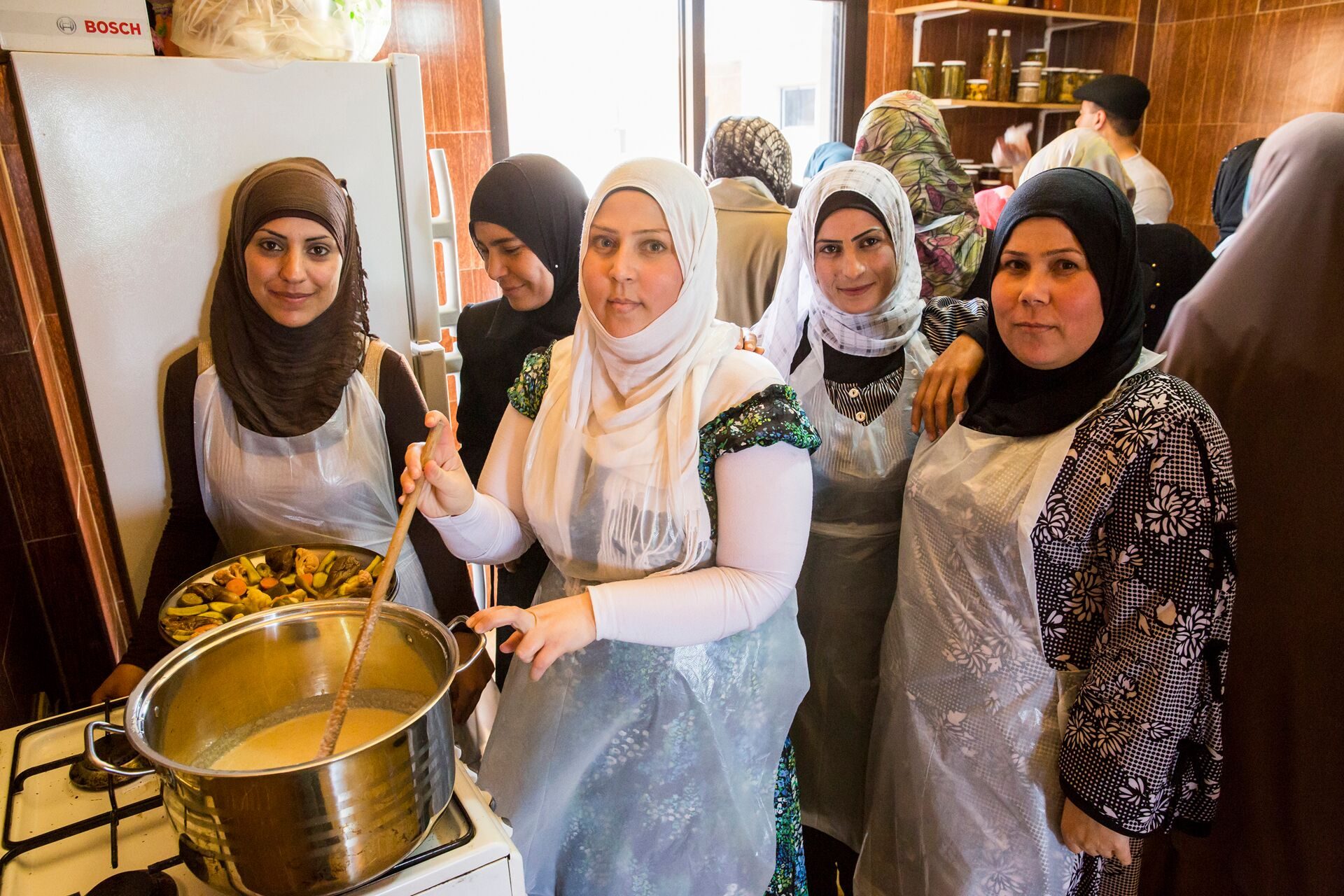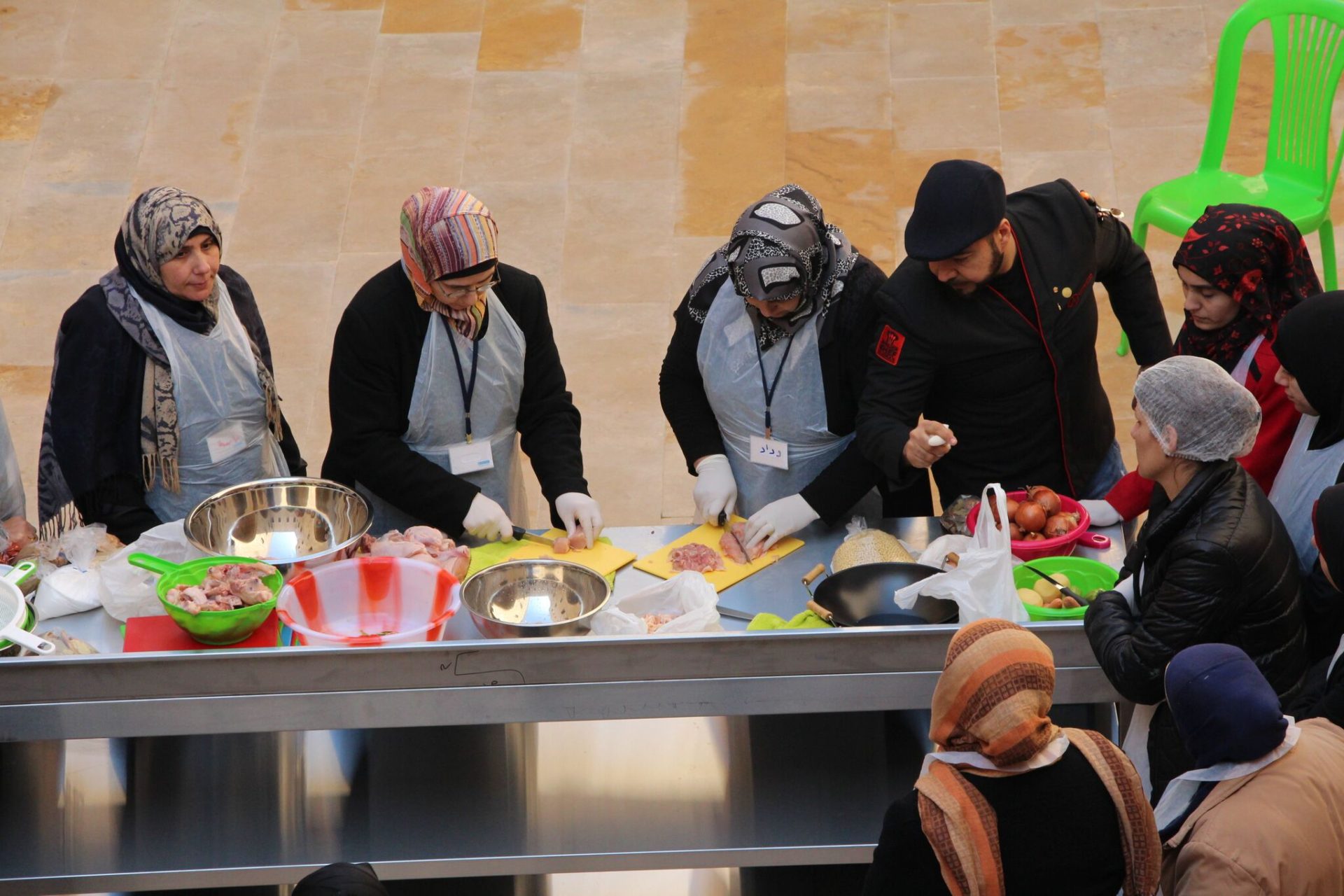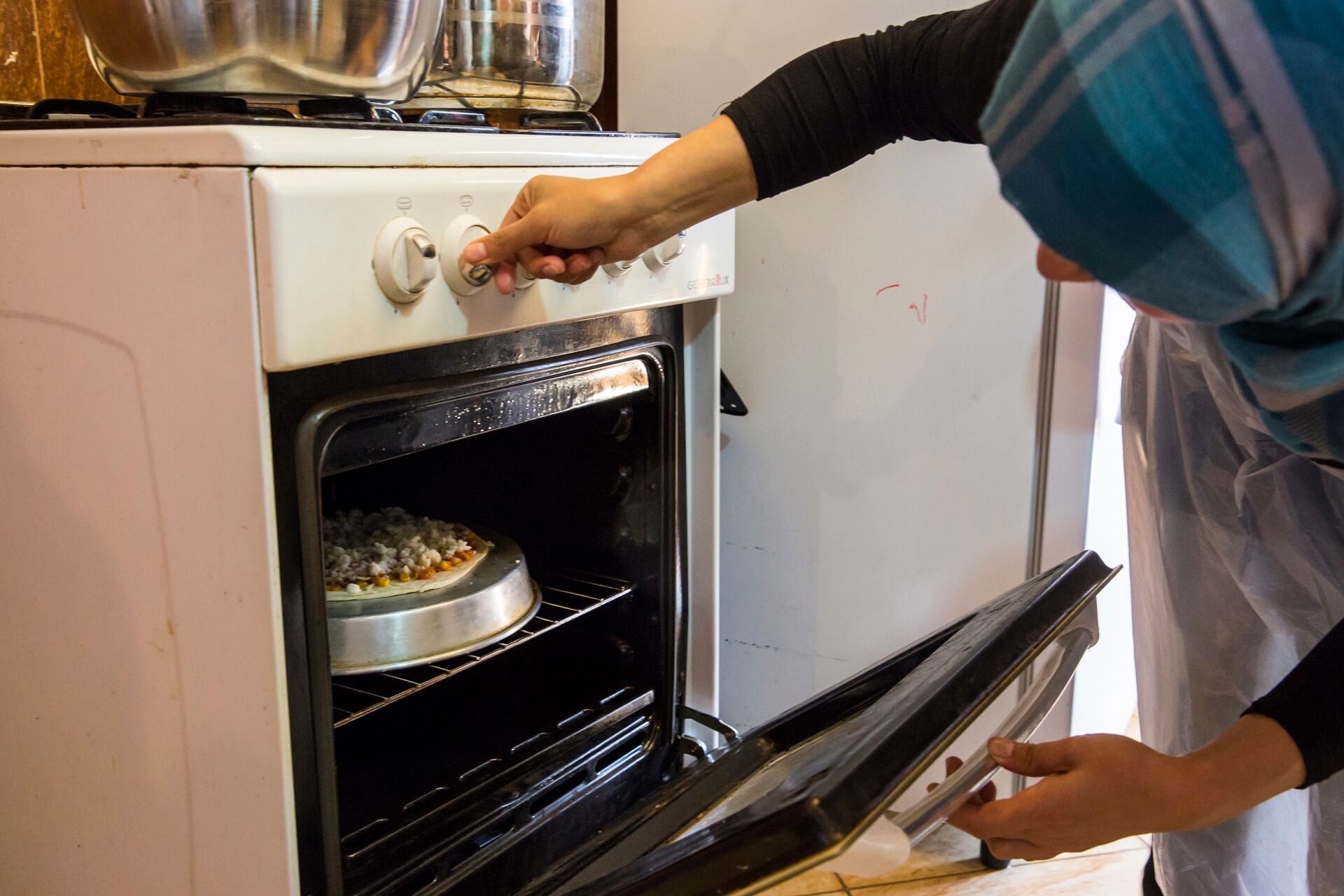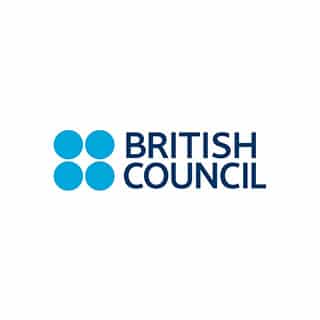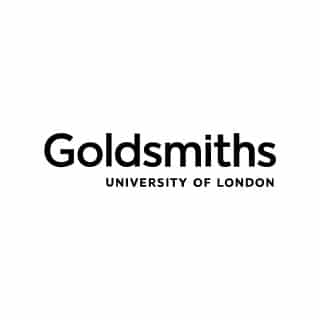Lebanon (Beirut)
An experimental organic farmers’ market set up by a ‘culinary activist’ is breaking down religious and cultural barriers in the Middle East. The end goal? To make food, not war.
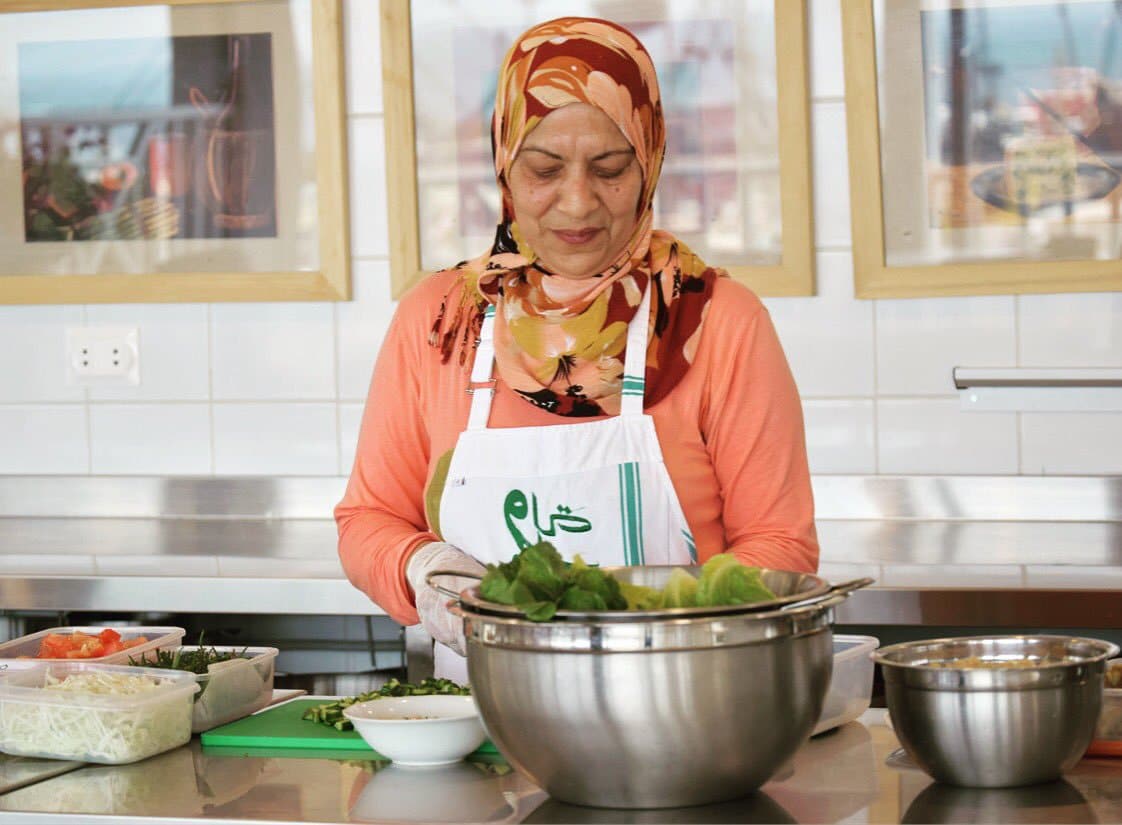
Souk el Tayeb’s story begins in 2004 at Beirut’s original open-air market. The very first of its kind in Lebanon, it did what farmers’ markets do – highlighted rural produce in the urban environment. Aptly-named (as ‘tayeb’ means ‘good’, ‘tasty’ and ‘good hearted’ in Arabic), ‘the good market’ has evolved into a forum and movement to share food, traditions and hospitality – bringing together fractured communities.
Following the train of thought that food is a way for people to express themselves and break down cultural barriers, five years after starting the souk, founder Kamal Mouzawak set up Tawlet farmers’ kitchen. Every day the producers’ open kitchen introduces cooks who tell stories of their Lebanese regions through food. Today Tawlet has become an outlet for female cooks who have completed the Capacity Building Program, which pairs food and women and builds on culinary traditions and heritage.
“Lebanon is a country where sectarian tensions can cause divisions within society and occasionally still simmer into conflict,” he explains. “This tension has been exacerbated by the Syrian crisis, and the huge influx of Syrian refugees that Lebanon is struggling to provide for. But these training schemes have successfully dispelled tensions and allowed groups to mix with one another – overcoming cultural, social and religious barriers by allowing them to see that they have more in common than they think. That is Souk el Tayeb’s central mission: Make Food Not War.”
To date, more than 300 women refugees from Palestine, Syria and marginalised and rural Lebanese communities have signed up to the Capacity Building Program since 2012. “We equip them with technical, financial and personal skills to start their own enterprises, gain employment, develop agricultural endeavours, and work at Souk el Tayeb establishments – such as the farmers’ market, Tawlet kitchens, and festivals and events. That’s why ‘Make Food Not War’ is a highly relevant message in Lebanon,” he adds.
The son of farmers and producers, agriculture and food is in Kamal’s DNA, so following a career as a food and travel writer, and a TV chef, setting up Lebanon’s first farmers’ market 14 years ago was a natural step.
“I created it to promote small-scale producers and help them to improve their life status through the things they know how to do best. That broke all barriers created by society because people from different regions of Lebanon united in one area and realised they are one.”
“Then we set up the farmers’ kitchen so that women from different regions of Lebanon could cook authentic dishes from their villages every day. It introduces people to new traditions expressed through food.” There is no excuse not to give yourself a taster: an up-to-date calendar schedules in who and what’s cooking for the week ahead.
Tawlet is now up and running in six cities around the country, each sowing a grain of connectivity with an eco-restaurant, cooking classes or farm shop. Kamal is clear about how people should get involved. “Hire these women to cater your events, because who wouldn’t want an event rich with authentic dishes?!”
Take Georgina Al Bayeh. Born in north Lebanon into an olive-producing family, she branched into cooking. Foodies can find dishes such as war’a inab atee (stuffed vine leaves) and mafrouket al burghul (pressed bulgur wheat) at her stand at her regional Tawlet: her small catering company is now her full-time occupation.
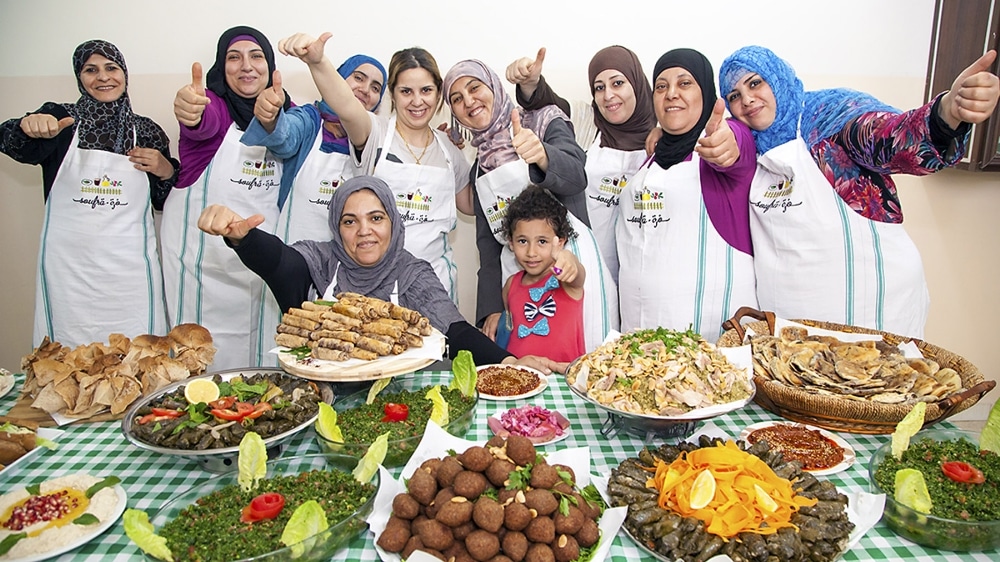
Since 2004, Souk El Tayeb’s network has mushroomed considerably. There are now two Beirut souks, the multi-location Tawlet, Food and Feast gastro festivals taking place around the country and guesthouses known as beit located in four villages around the country under its belt. All these entreprises within the network provide immediate solutions for graduates of its Capacity Building Program. Once someone creates a catering startup, they have an array of outlets to sell products or dishes at existing facilities and events; that means Souk El Tayeb’s objectives come full circle.
“Providing beneficiaries with the skills and confidence to seek gainful employment, start their own businesses, contribute to their communities in a positive way and build connections with members of different social and religious groups makes the CBP a sound and much-needed solution to many of the financial and social issues occurring within Lebanon.”
Over the years, Souk el Tayeb has partnered with the International Labour Organization, the UN Refugee Agency, the International Rescue Committee, Caritas, Ruwwad al Tanmeya in Tripoli and the Women’s Program Association among others. But its work and its partnerships are far from over.
The next step is to extend the Capacity Building Program across Lebanon to include small-scale producers. “We want to create awareness and give people the conviction needed to improve their lives, economically and socially. It’s a solution to many of the economic and social issues occurring in Lebanon, not only for Lebanese people but also for Syrians, Palestinians and all refugees.”
Besides introducing people to new traditions expressed through food, the most important part of Souk el Tayeb’s story is human development, according to Kamal. “This is about supporting individuals in very fragile situations who recognise they are someone who can generate an income and perpetuate their identity and food roots in a way that they can share it with others. Seeing people believing in themselves, respecting themselves and going further brings me a lot of joy.”
We’ll eat to that.
Bio
Sorrel Moseley-Williams is a freelance journalist and sommelier based in Argentina, found on the pages of Monocle, La Nación, Decanter, The Guardian, The Independent and Condé Nast Traveller among others.
Project leader
Kamal Mouzawak
Partners
This project has been selected as part of CultureFutures, a new storytelling project that maps creative and cultural projects with a social mission – and the artists, collectives and entrepreneurs behind them.
Atlas of the Future is excited to join forces with Goldsmiths Institute of Creative and Cultural Entrepreneurship and the British Council Creative Economy.
Support the Atlas
We want the Atlas of the Future media platform and our event to be available to everybody, everywhere for free – always. Fancy helping us spread stories of hope and optimism to create a better tomorrow? For those able, we'd be grateful for any donation.
- Please support the Atlas here
- Thank you!
